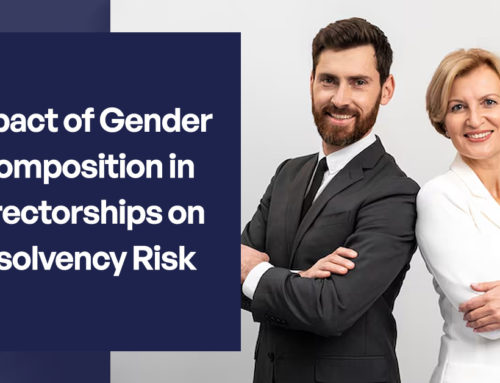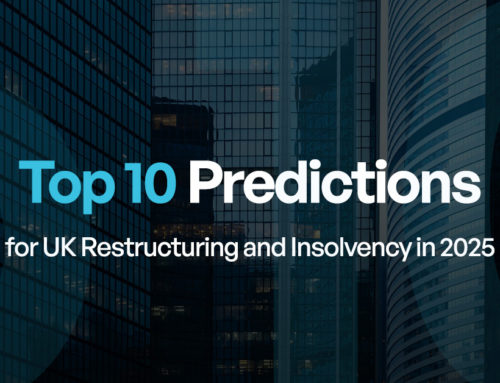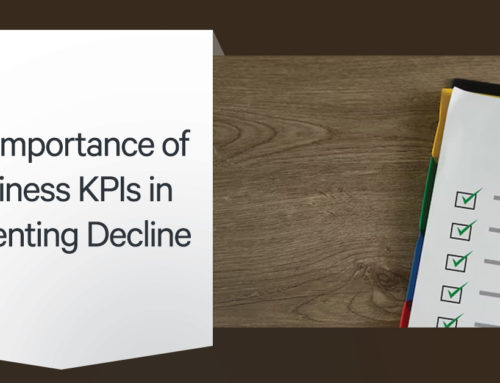The pandemic was unlike anything that people have seen in their lifetime. Individuals and businesses were impacted more than ever in recent years, as countries had to shut down completely to slow down the spread of the coronavirus. There were loans implemented which helped organisations through times of hardship; however, these loans were abused by several different organisations who didn’t use them to help their business or their staff and instead merely used them to further personal gain. The loans were also given out based on a business’s turnover, and some organisations lied about how much money they brought in. This article will discuss the trend of businesses falsely claiming covid loans and the extent of such false claims.
The Terms of the Bounce Back Loan
The bounce back loan was initially introduced in May 2020 to help businesses negatively affected by the pandemic. Loans of up to £50,000 could be granted, and the amount given depended on how much money the business made in previous years. Businesses were given 6 years to repay whatever amount they were loaned. The government was asked to tighten the restrictions, given it was shown that many businesses were claiming false amounts or not using the money correctly.
How Can the Bounce Back Loan Be Misused?
Bounce back loan misuse occurs when an individual uses their loan to do something other than inject working capital into their business. For instance, they will spend the funds on a personal purchase or might transfer the money to their personal account without taking it from the business as a dividend or salary.
This kind of loan misuse could have serious ramifications, especially if the business can’t repay the loan and liquidates. This kind of misuse is seen as a strand of fraud, and as such, business owners are personally liable for them. It could result in a fine and inability to run or be involved within a business for some time.
What is Regarded as Misuse of a Bounce Back Loan?
The government has been clear in what it regards as misuse of the bounce back loan. The finance provided within the loan must be used for the ‘economic benefit of the business’. This term has been criticised for being too broad and has been misinterpreted. There are some instances where misinterpretation can be allowed; however, if a loan has been intentionally misused, there will be ramifications.
Misuse of the loan includes but is not limited to the following:
- Buying personal assets using the funds received.
- Transferring lump sums into a personal bank account.
- Using the money and giving it to a third party like a family member or a friend.
- Funding the salary of a director or a dividend to a significant extent.
Examples of Misuse of the Loan
There is a trend of businesses who have used the bounce back loan inappropriately. One example is the East Midlands directors who were banned due to bounce back loan abuse. Muhammad Rais from Leicester was disqualified for 9 years because he exaggerated his turnover so that he was able to claim more on his bounce back loan. Similarly, Lee Mankelow from Nottinghamshire was disqualified for 6 years because he claimed the maximum amount of £50,000 but didn’t use it to benefit the business; instead, he paid it to a former director who didn’t have any ties with the organisation.
The disqualification meant that the two could not be indirectly or directly involved with another business. This includes promoting said business, its management, formation or running. It could only be lifted if they applied to the court. It’s unlikely the court will grant this lift of the ban.
The Increasing Trend and What It’s Costing the Government
There were many instances of such Bounce Back Loan abuse, and it is estimated that fraud and error have cost the government around £16 billion throughout the pandemic. The losses have been described as unacceptable. The government gave out around £129 billion in loans to people throughout the lockdown.
Large-scale fraud is identified across several parts of the system, ranging from the coronavirus job retention scheme, bounce back loan schemes (as discussed above) and the coronavirus business interruption loan scheme (which was only available to mid-sized businesses). Reports published by bankruptcy and crime agencies found that some loans were used for luxuries, home improvements and, in some instances, gambling. These are naturally the opposite of the best for businesses, resulting in serious ramifications.
Dame Meg Hillier has criticised the government scheme, stating that this has led to an increase in what taxpayers will need to pay in the future. She said, “lack of preparedness and planning, combined with weaknesses in existing systems across government, has led to an unacceptable level of mistakes, waste, loss and openings for fraudsters which will all end up robbing current and future taxpayers of billions of pounds.”
Do You Need Help with Your Bounce Back Loan?
If you need help with your bounce back loan or your organisation currently finds itself in financial distress, then you will be happy to know that help is available. At Leading UK, we have a team of experts on hand who will be able to provide you with advice on loans available that can help your business and how you can effectively use them. If you have any questions or require further information, do not hesitate to get in touch.






